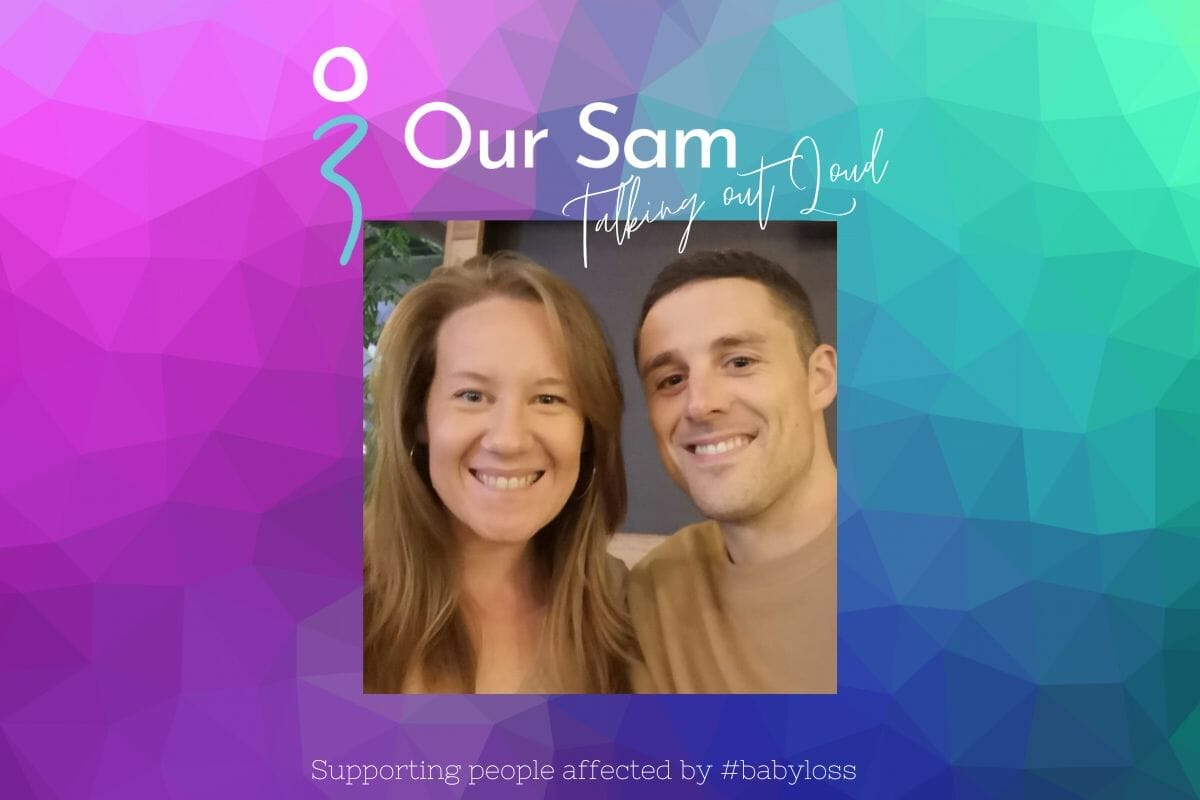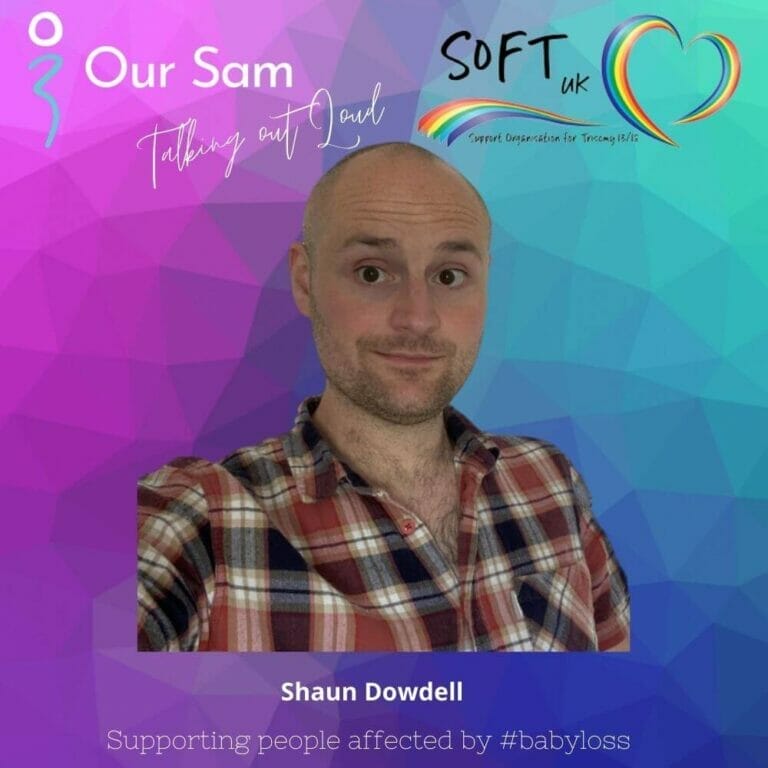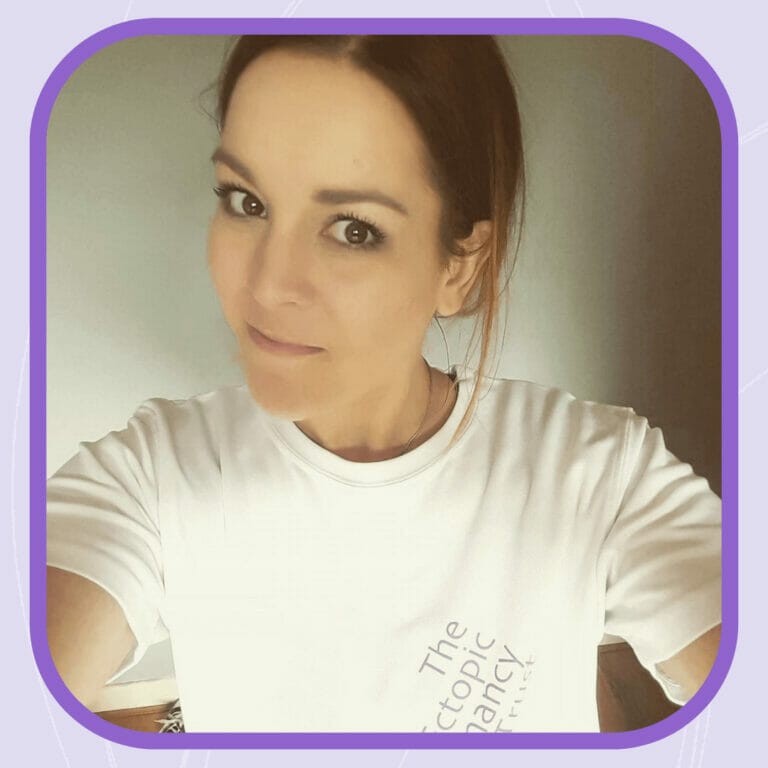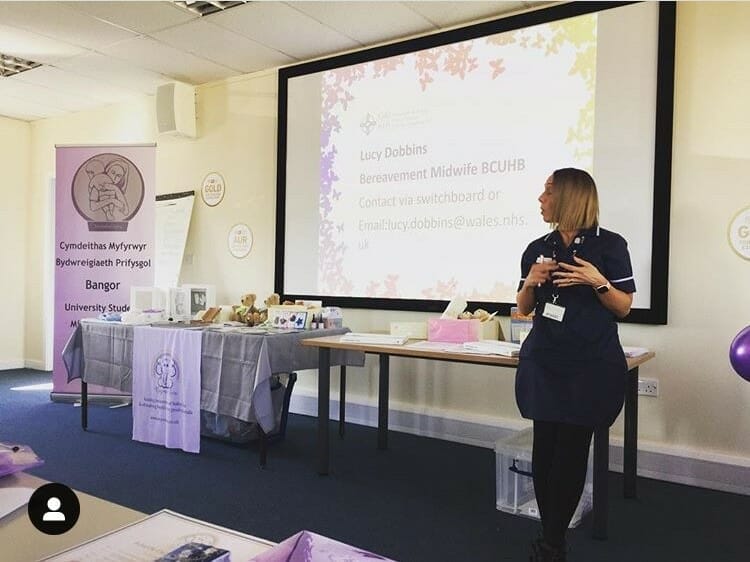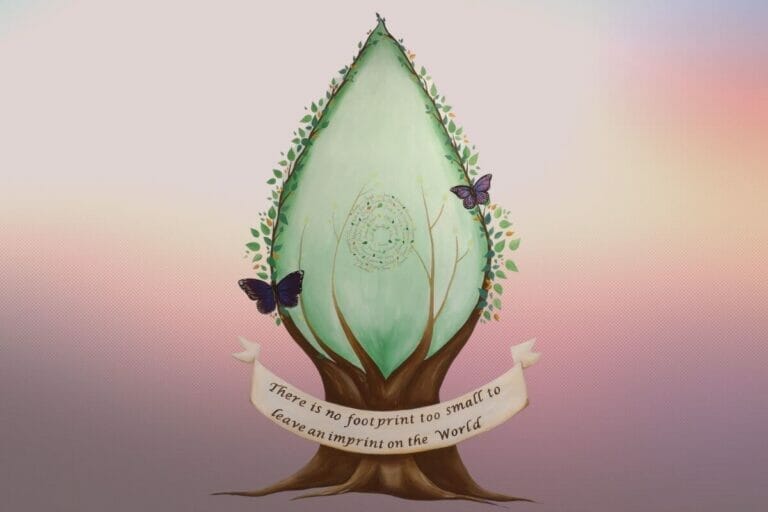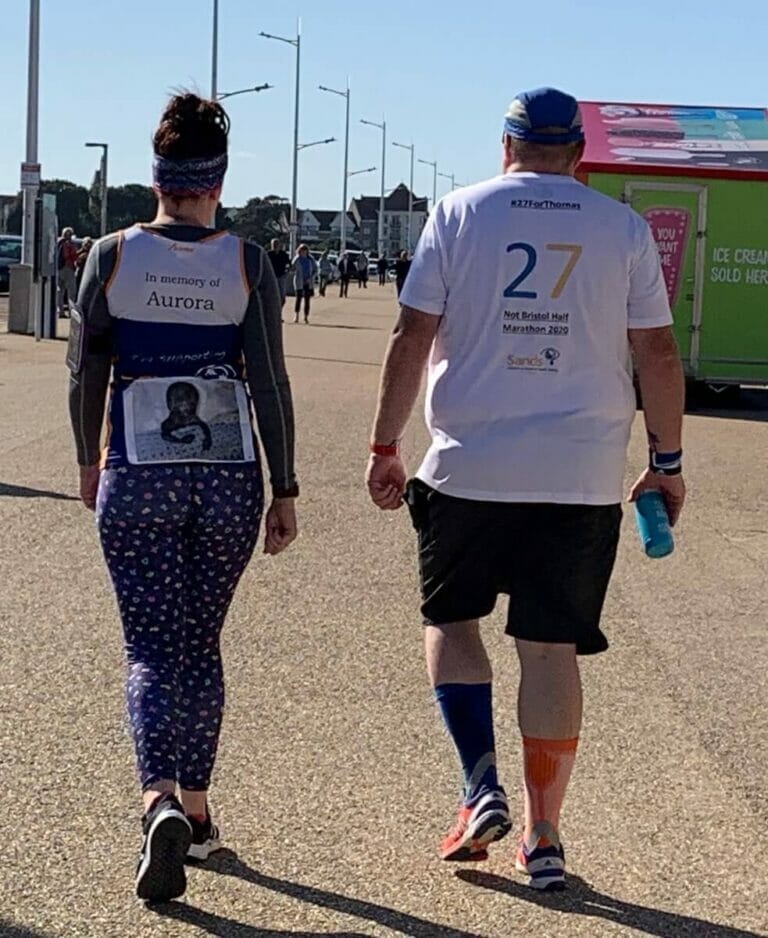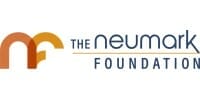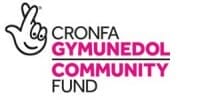Mother’s Day…One of those days
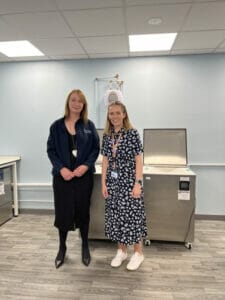
For this months’ podcast, Philippa Davies, Our Sam Founder and CEO, and Laura Atherton, Our Sam trustee, Bereavement Lead for Memory Milk Gift Initiative and Manager for The Milk Bank at Chester, two mums with very different experiences of motherhood, have come together to host our Mother’s Day podcast ‘One of those days’, to talk about the impacts of Mother’s Day and days like this on mums, dads and partners affected by pregnancy and baby loss, and how we can provide the best support.
For anyone affected by pregnancy or baby loss, we know that the journey through and following the loss of a baby or pregnancy at any stage, is not a straight road, in fact it can be more like getting onto the biggest rollercoaster in the thickest fog. Everyone’s experience is different, the impact of this cruel and unnatural loss is different, and how everyone impacted wants and needs to be supported is also different. What remains the same however, is firstly, that following loss, there will always be days that, will at one end of the spectrum, trigger memories and reflection, even if they are kept inside, or at the other end of the spectrum cause significant upset, pain and distress, and secondly that pregnancy and baby loss still remains a subject nobody wants to talk about, or approach, either as someone who has sadly had to go through it, or as someone who has thankfully never experienced this loss.
To start research for this podcast we published a survey for mums, dads and partners to complete to find out how they are feeling about Mother’s Day and how they would like to be supported by people around them. Philippa and Laura provide an overview of the findings in the podcast, but you will find a full report detailing some really interesting and surprising findings at the end of the blog.
Philippa and Laura are joined in their conversation about this subject firstly by Katie Frain, mum to Aubrey, who died at just 6 days old in 2022, and then by Amina Hatia, NHS Bereavement Midwife and Midwifery Manager for the wonderful charity, Tommy’s.
Katie Frain, Aubrey’s mum
“Hi, I’m Katie. When Phillippa and Laura asked if I wanted to participate in this special podcast, I jumped at the chance to share my family’s experience and our life as parents. I’m married to my best friend Jason, and we live in Greater Manchester again after being in Chester for the last few years.
Last year we were over the moon to find out we were pregnant with our first baby. However, at our 12-week scan, we were told our baby was very poorly, and I was at a high risk of miscarriage and baby loss.
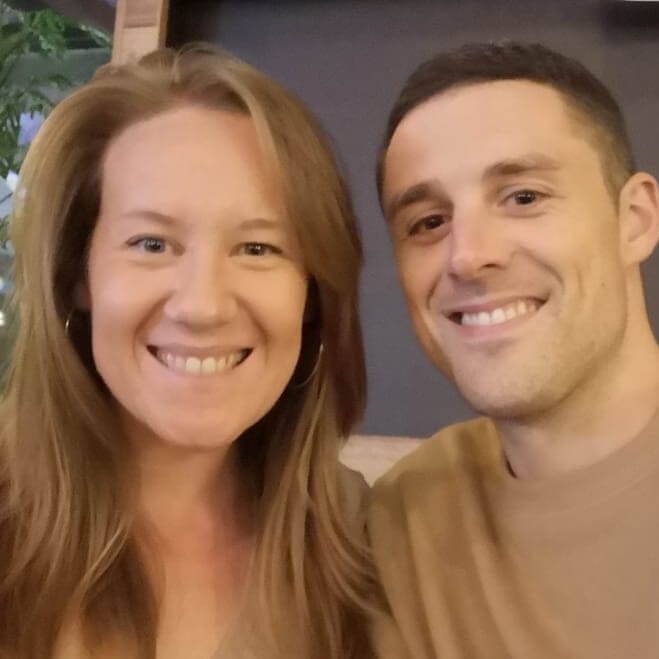
This resulted in three months of scans, genetic testing and agonising waits, with no results. At our 20-week scan, I asked for help. I wanted to know if we could access any emotional or mental health support to help us manage the fear and stress we were experiencing.
This was when we were referred to Claire House Children’s Hospice. Their perinatal team entered our world at such a significant time, and their invaluable support held us through the most challenging part of our journey.
At 24 weeks, I started in slow labour, and a few days later, I gave birth to our beautiful son Aubrey. We were blessed to have six precious days with him before he had to leave this earth. Our world was turned upside down, and the Claire House team helped us slowly piece everything back together.
Aubrey is our strength and has given us a purpose we could have never imagined. As we have moved through the year, we are experiencing our firsts but not as we imagined them. I hope by sharing our story, we can help others find hope and the right choices for them to help their healing as they learn to live with grief.
As Aubrey’s first birthday is approaching in April, Jay is training to run 6 marathons in 6 days to celebrate the time we spent with our boy. All money raised with go to Claire House to help other families access the fantastic support they provide. I am also creating a community company to help families like ours access yoga and wellbeing classes to promote post-traumatic growth, raise awareness of baby loss and bridge the gap in pre and postnatal services available. If you’d like to find out more, you can follow me on Instagram @strawberrymoon_cic.I am sending love and light to all who need it. You are not alone. X”
We would like to thank Katie for so bravely and openly talking to us. If you would like to support her and Jason with their fundraiser for Aubrey’s 1st birthday to raise money for Claire House, the Just Giving link is here or just scan the QR below
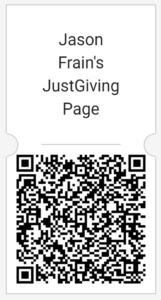
Amina Hatia – Tommy’s
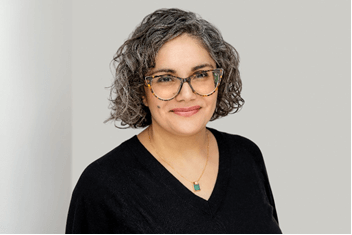
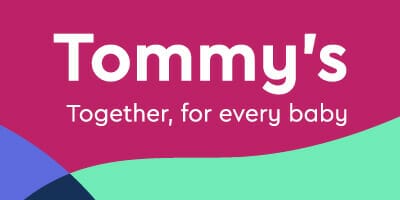
“My name is Amina, I am an NHS midwife and Tommy’s Midwifery manager working with Tommy’s to provide care, support and expert advice on any aspect of the pregnancy and postnatal journey, whatever that may look like. I am passionate about personalised, person-centred care for all women and birthing people, ensuring that everyone has equal and easy access to expert and compassionate care that is right for them.”
If you would like to find out more about the support offered by Tommy’s as talked about by Amina in the podcast just go to https://www.tommys.org/baby-loss-support for information on support for those who are or have experienced loss, or for general information about all of the work carried out by Tommy’s go to https://www.tommys.org
Our Sam Survey Findings
Firstly, we would like to say a huge thank you to all 53 people who completed this survey. We know this isn’t easy to think about, and we really recognise and appreciate your time, strength and openness.
Terms used for the loss or death of a pregnancy or baby are determined by time, linked with stages of development, and the medical terminology was used within the survey.
Miscarriage – Loss/death up to 24 weeks pregnancy
Stillbirth – Loss/death from 24 weeks pregnancy to birth
Neonatal Death – In the survey we had two categories for this, but we have combined the two categories into one for analytical purposes.
Chart 1. shows the different stages or categories of loss or death of the baby experienced by the people who completed the survey.
Chart 1 – Categories of loss or death of the baby experienced by the people who completed the survey (Respondents)
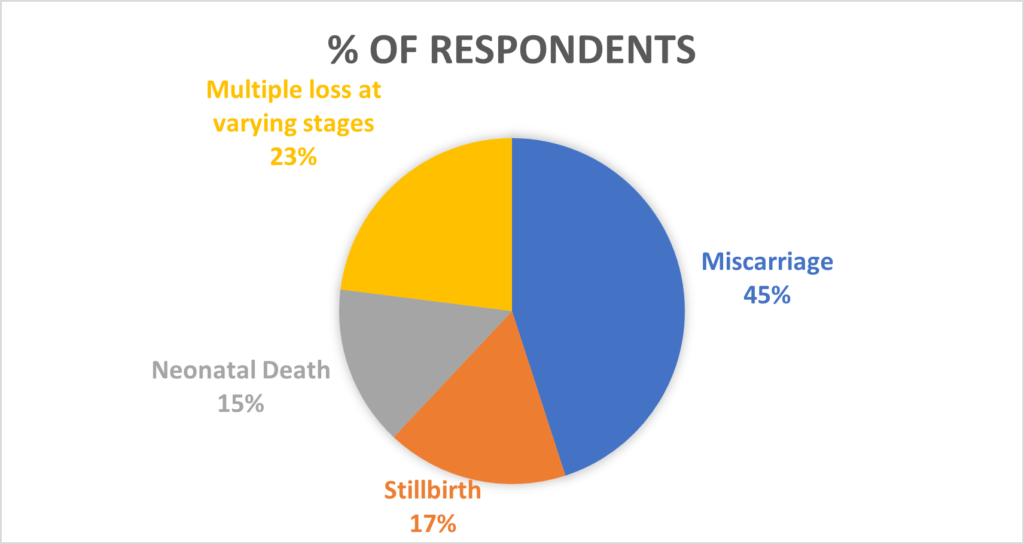
We really appreciate having mums and dads input in this survey as depicted in Chart 2. as we are fully aware that although the survey focuses on Mother’s Day, this also affects dads and partners too.
Chart 2 – Gender of the people who completed the survey (Respondents)
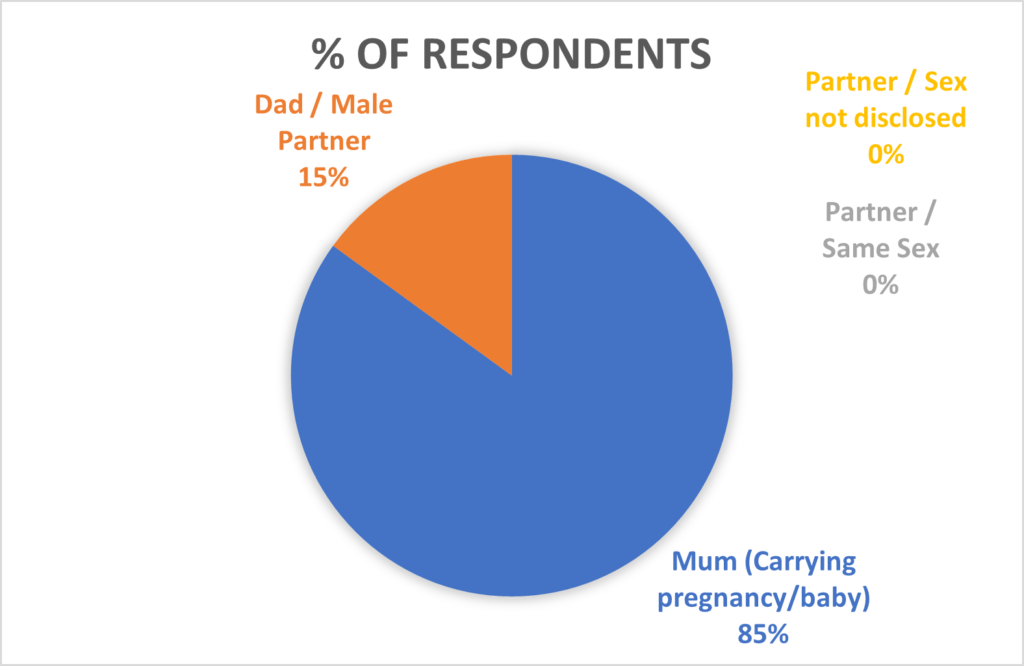
It has been well documented and reported by many people impacted by pregnancy loss or the loss or death of a baby, that irrespective of the presence of living children, prior or following the loss of a baby for bereaved parents, the grief felt as a result of the baby who died is not changed, however, there may be a difference between the coping strategies of bereaved parents with, and those without, living children.
Chart 3 – The percentage of respondents who at the time of completing the survey with living children and those without
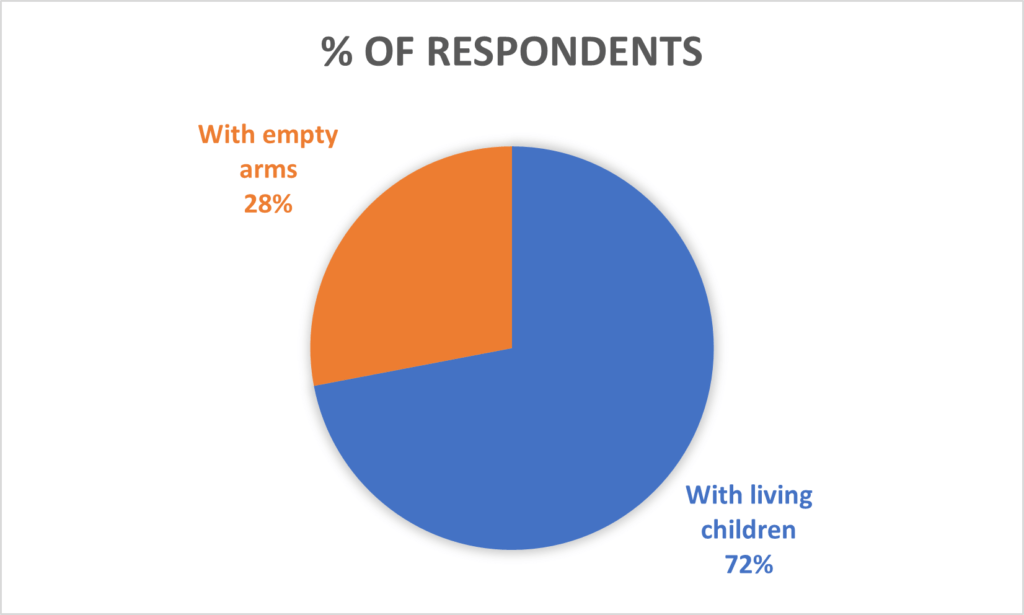
Overview of all responses
- Recognising Mother’s Day connected with the pregnancy or baby who has died
Taking all responses together, the survey found that 51% of people responding recognised Mother’s Day connected with the pregnancy or baby they had lost. Of those that don’t recognise Mother’s Day connected with the pregnancy or baby they had lost, 76% do recognise Mother’s Day with either a parent or their living child or children. 24% of those that don’t recognise Mother’s Day connected with the pregnancy or baby they had lost choose not to because they find it too difficult emotionally, and 4% don’t recognise the day for other reasons.
Our Sam comment “As many people who filled in this survey choose to recognise Mother’s Day connected with the pregnancy or baby they lost as those who choose not to, showing how important it is to ask people individually what they want.”
- Preference to receive/give Mother’s Day cards/gifts mentioning or recognising my/our baby who died or not
Taking all responses together, 53% of people responding identified that they would like to receive cards or gifts on Mother’s Day connected with the pregnancy or baby who has died. 39% of people responding identified that they don’t like to receive cards or gifts on Mother’s Day connected with the pregnancy or baby who has died, and 8% responding identified that they don’t like to receive cards or gifts on Mother’s Day for reasons other than the loss of their pregnancy or baby.
Our Sam comment “The number of people who filled in this survey and expressed they would like to receive Mother’s Day cards or gifts mentioning their baby who died was almost equal to the number of people who expressed that they would like to receive Mother’s Day cards or gifts mentioning their baby who died showing how important it is to ask people individually what they want.”
- Preference for receiving Cards or Gifts on Mother’s Day specifically designed for people who have experienced pregnancy or baby loss or death
Taking all responses together, 47% of people responding to the survey identified that they would like to receive Cards or Gifts on Mother’s Day specifically designed for people who have experienced pregnancy or baby loss or death, whereas 53% identified that they wouldn’t.
Our Sam comment “The number of people who filled in this survey and expressed they would like to receive Mother’s Day cards specifically designed for people affected by pregnancy or baby loss was almost equal to the number of people who expressed they would like to receive Mother’s Day cards specifically designed for people affected by pregnancy or baby loss, showing how important it is to ask people individually how they feel.”
- Preference for opting out, of targeted Mother’s Day marketing
Taking all responses together, 60% of people responding to the survey identified that they were ok with Mother’s Day marketing and don’t opt out of receiving targeted marketing, 25% of people responding identified that they do opt out of Mother’s Day marketing and receiving targeted marketing, and 15% of people responding identified that they did opt out, but for reasons other than the loss or death of a pregnancy or baby.
Our Sam comment “25% of bereaved parents completing this survey identified that they opt out of targeted Mother’s Day marketing because of the loss they have been through. The option for people to opt out for reminders about Mother’s Day and days like these is important to offer. ”
- Preference for support and/or contact on Mother’s Day
Taking all responses together 42% of people responding to the survey identified that they had no preference as to whether or how they were contacted by people within their circle of family, friends or general contacts as recognition/support following the loss or death of a baby or pregnancy. 28% of people responding identified they would like indirect contact through cards, gifts or messages, 17% of people responding identified that it would depend on how they felt on the day but they let family and friends know, 7% of people responding identified they do not want contact, and 6% identified that they would like direct contact through visits or calls.
Our Sam comment “Almost 30% of bereaved parents completing this survey identified that they would really like loved ones to hear indirectly from loved ones on Mother’s Day through messages, cards or gifts recognising them and their babies who have died. It is so important not to forget bereaved parents whether they have living children or empty arms on days like Mother’s Day. ”
Summary of the overview of responses
As expected, the spread and split of responses was very broad, indicating that, as we had already mentioned, every individual is different in how loss impacts on them and their preference for support, and truly indicates the importance of the ‘One size does not fit all’ when it comes to support, and the only way, if we are unsure what to do, is to ask the question in terms of how people are feeling and how they would like you to provide support, or if you have experienced loss, and you feel ready and have the strength to tell those closest to you, those most likely to interact with you, or those who are important to you when it comes to support, how you are feeling and what is best for you on days like Mother’s Day.
It is also important as a professional providing guidance or support that when you are providing a pathway of support, that you ask the questions and provide all the options available. As Laura mentions within the podcast, it shouldn’t be the choice of the professional as to which options of support are offered or provided, anyone affected by the loss or death of a pregnancy or baby should be provided with all the options available to allow them to make their own choices, enabling them to maintain control, as a parent as well as a bereaved parent.
Breaking down the responses to look at patterns
Once we had looked at all the responses together, we wanted to see if we could see any patterns of preferences or views, if we separated the responses of people by their categorised stage of loss, and also by those who have living children and those with empty arms.
We categorised loss or death of pregnancy or pregnancies / baby or babies as follows:
Those who have experienced:
- Miscarriage/Miscarriages
- Stillbirth/Stillbirths
- Neonatal Death/Deaths
- Multiple losses or deaths sitting within more than one category of loss
Each of these categories we also split into
- Those with living children at the time the survey was completed
- Those with empty arms at the time the survey was completed
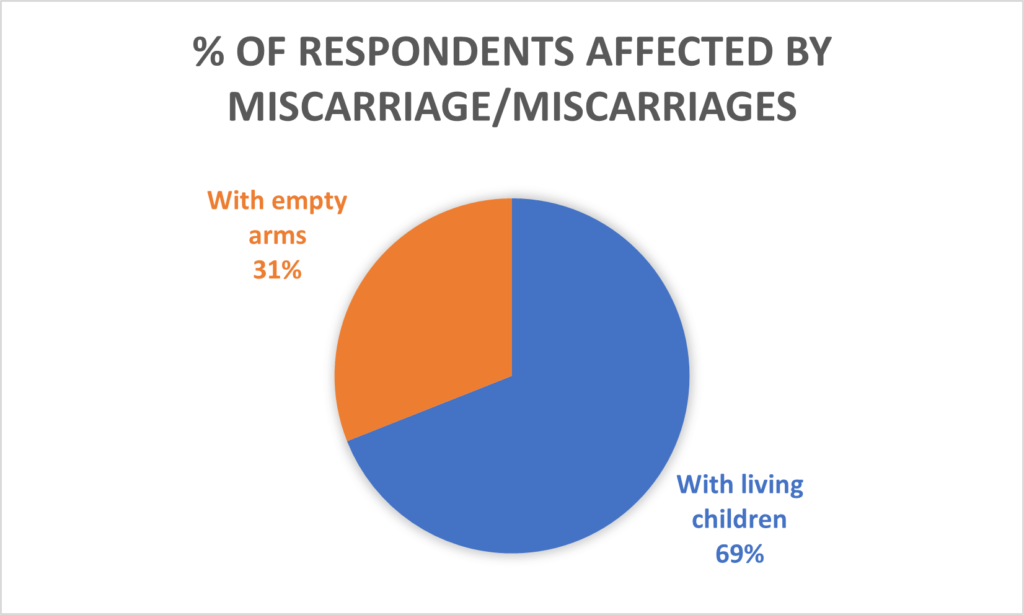
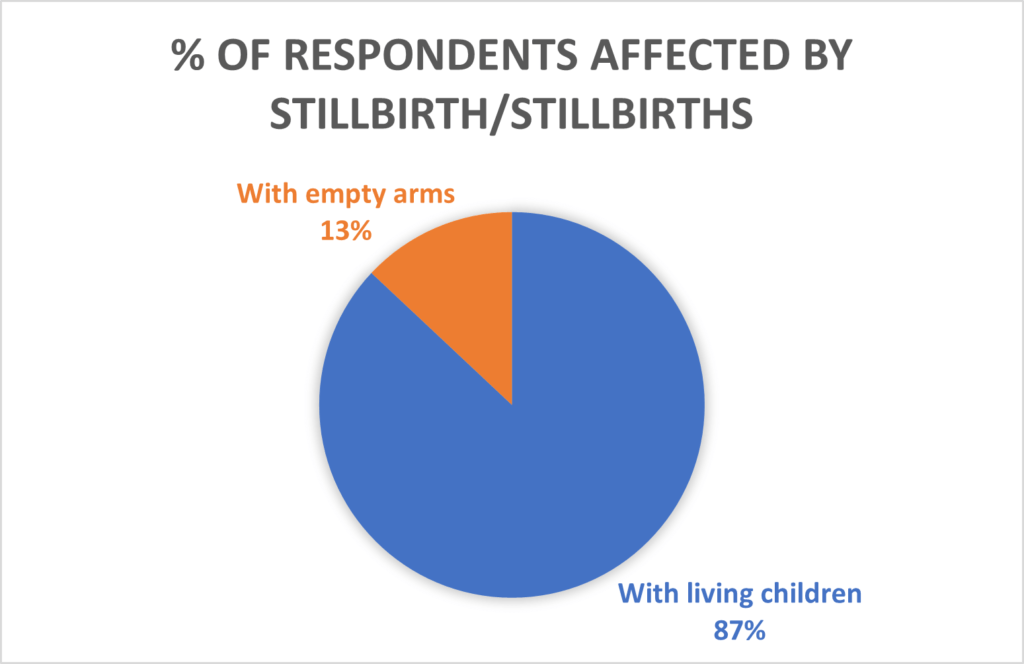
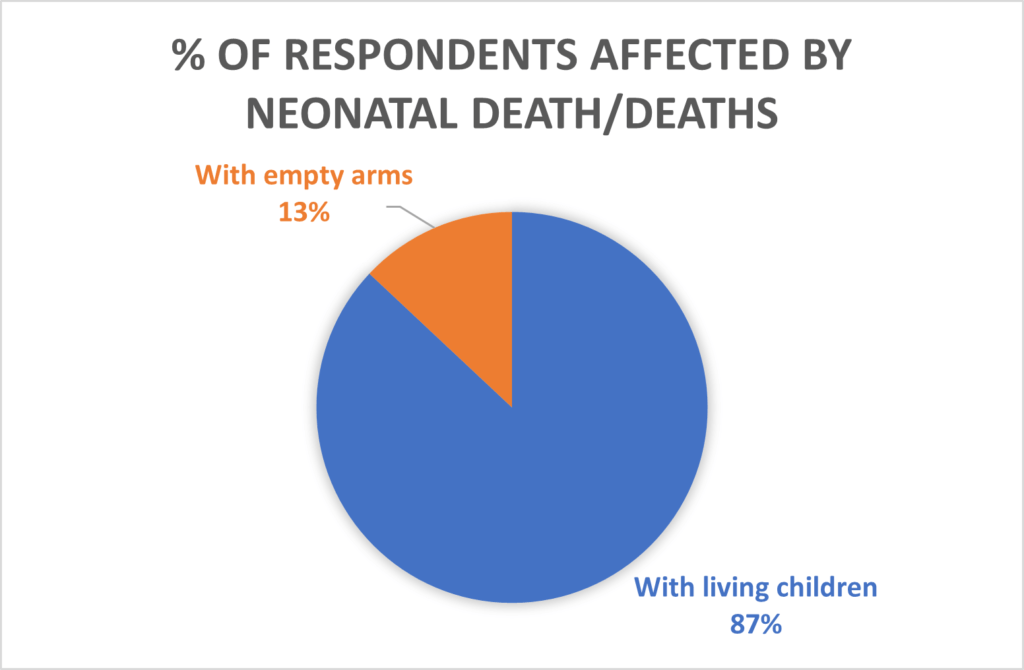
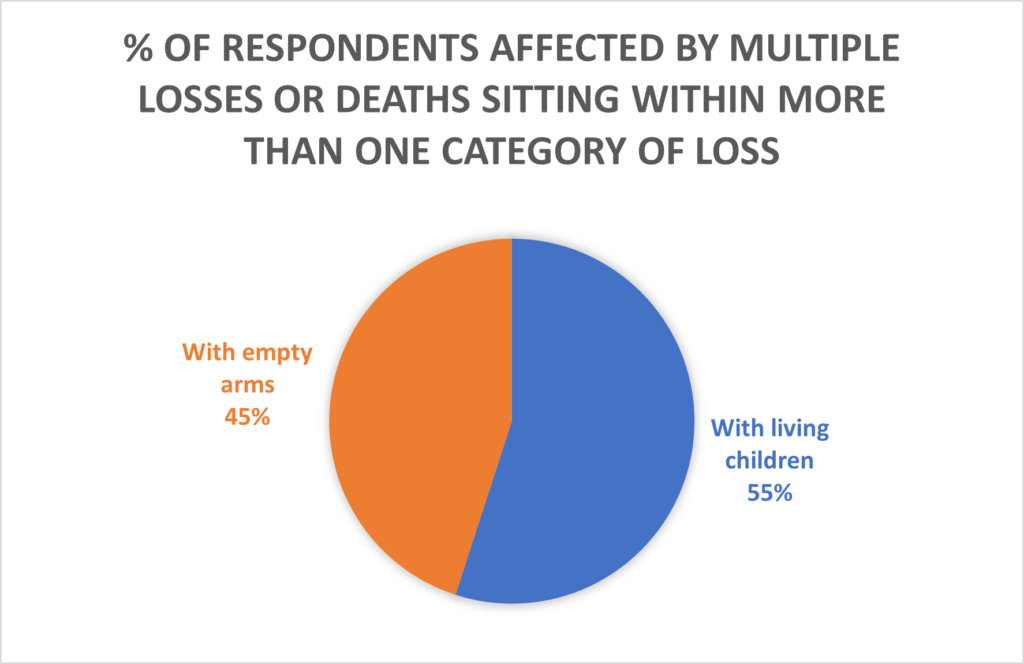
Categorised responses
- Recognising Mother’s Day connected with the pregnancy or baby who has died
Respondents affected by Miscarriage/Miscarriages
With living children
Taking the responses of people completing the survey affected by Miscarriage/Miscarriages with living children, 31% identified that they do recognise Mother’s Day connected with the pregnancy or baby who has died, and 69% identified that they don’t recognise Mother’s Day connected with the pregnancy or baby who has died, but all of these respondents do recognise Mother’s Day with their living children and/or parents.
With empty arms
Taking the responses of people completing the survey affected by Miscarriage/Miscarriages with empty arms at the time of completing the survey, 100% identified that they don’t recognise Mother’s Day connected with the pregnancy or baby who has died, and of those 72% identified that they found it too upsetting to do so, 14% identified the other category, stating that they ‘don’t feel like a mum’ and 14% identified that they do recognise Mother’s Day with their own mum.
Respondents affected by Stillbirth/Stillbirths
With living children
Taking the responses of people completing the survey affected by Stillbirth/Stillbirths with living children, 71% identified that they do recognise Mother’s Day connected with the pregnancy or baby who has died, and 29% identified that they don’t recognise Mother’s Day connected with the pregnancy or baby who has died, but all of these respondents do recognise Mother’s Day with their living children and/or parents.
With empty arms
Taking the responses of people completing the survey affected by Stillbirth/Stillbirths with empty arms at the time of completing the survey, 100% identified that they don’t recognise Mother’s Day connected with the pregnancy or baby who has died, and of those 100% identified that they found it too upsetting to do so.
Respondents affected by Neonatal Death/Deaths
With living children
Taking the responses of people completing the survey affected by Neonatal Death/Deaths with living children, 71% identified that they do recognise Mother’s Day connected with the pregnancy or baby who has died, and 29% identified that they don’t recognise Mother’s Day connected with the pregnancy or baby who has died, 50% of these respondents do recognise Mother’s Day with their living children and/or parents and 50% of these respondents don’t recognise Mother’s Day in connection with the pregnancy or baby who has died for other reasons.
With empty arms
Taking the responses of people completing the survey affected by Neonatal Death/Deaths with empty arms at the time of completing the survey, 100% identified that they do recognise Mother’s Day connected with the pregnancy or baby who has died.
Respondents affected by multiple losses or deaths sitting within more than one category of loss
With living children
Taking the responses of people completing the survey affected by multiple losses or deaths sitting within more than one category of loss with living children, 67% identified that they do recognise Mother’s Day connected with the pregnancy or baby who has died, and 33% identified that they don’t recognise Mother’s Day connected with the pregnancy or baby who has died, 100% of these respondents do however recognise Mother’s Day with their living children and/or parents.
With empty arms
Taking the responses of people completing the survey affected by Neonatal Death/Deaths with empty arms at the time of completing the survey, 80% identified that they do recognise Mother’s Day connected with the pregnancy or baby who has died, and 20% identified that they don’t recognise Mother’s Day connected with the pregnancy or baby who has died, as they find it too difficult.
Our Sam comment “Less people affected by earlier loss recognise Mother’s Day connected to their baby who died. Almost 70% of people completing this survey with living children, affected by Stillbirth, Neonatal Death or multiple losses across different categories of loss, like to recognise Mother’s Day connected with their baby who died. This figure rises to almost 100% of people with empty arms who like to recognise the day. Support for everyone is so important. Specific support for those with empty arms is currently virtually non-existent.”
- Preference to receive/give Mother’s Day cards/gifts mentioning or recognising my/our baby who died or not
Respondents affected by Miscarriage/Miscarriages
With living children
Taking the responses of people completing the survey affected by Miscarriage/Miscarriages with living children, 24% identified that they would like to receive/give Mother’s Day cards/gifts mentioning or recognising my/our baby who died, 76% identified that they would not like to receive/give Mother’s Day cards/gifts mentioning or recognising my/our baby who died.
With empty arms
Taking the responses of people completing the survey affected by Miscarriage/Miscarriages with empty arms, 12% identified that they would like to receive/give Mother’s Day cards/gifts mentioning or recognising my/our baby who died, 88% identified that they would not like to receive/give Mother’s Day cards/gifts mentioning or recognising my/our baby who died.
Respondents affected by Stillbirth/Stillbirths
With living children
Taking the responses of people completing the survey affected by Stillbirth/Stillbirths with living children, 20% identified that they would like to receive/give Mother’s Day cards/gifts mentioning or recognising my/our baby who died, 80% identified that they would not like to receive/give Mother’s Day cards/gifts mentioning or recognising my/our baby who died.
With empty arms
Taking the responses of people completing the survey affected by Stillbirth/Stillbirths with empty arms, 100% identified that they would like to receive/give Mother’s Day cards/gifts mentioning or recognising my/our baby who died.
Respondents affected by Neonatal Deaths/Deaths
With living children
Taking the responses of people completing the survey affected by Neonatal Deaths/Deaths with living children, 100% identified that they would like to receive/give Mother’s Day cards/gifts mentioning or recognising my/our baby who died.
With empty arms
Taking the responses of people completing the survey affected by Neonatal Deaths/Deaths with empty arms, 50% identified that they would like to receive/give Mother’s Day cards/gifts mentioning or recognising my/our baby who died,50% identified that they would not like to receive/give Mother’s Day cards/gifts mentioning or recognising my/our baby who died.
Respondents affected by multiple losses or deaths sitting within more than one category of loss
With living children
Taking the responses of people completing the survey affected by multiple losses or deaths sitting within more than one category of loss with living children, 67% identified that they would like to receive/give Mother’s Day cards/gifts mentioning or recognising my/our baby who died, 33% identified that they would not like to receive/give Mother’s Day cards/gifts mentioning or recognising my/our baby who died.
With empty arms
Taking the responses of people completing the survey affected by multiple losses or deaths sitting within more than one category of loss with empty arms, 100% identified that they would like to receive/give Mother’s Day cards/gifts mentioning or recognising my/our baby who died.
Our Sam comment “Less people affected by earlier loss say they would like to receive a Mother’s Day card or gift recognising or mentioning their baby who died. 100% of people completing this survey with living children, affected by Neonatal Death say they would like to receive a Mother’s Day card or gift recognising or mentioning their baby who died. The percentage of people with empty arms who say they would like to receive a Mother’s Day card or gift recognising or mentioning their baby who died was highest again across the categories of loss. Support for everyone is so important. Specific support for those with empty arms is currently virtually non-existent.”
- Preference for receiving Cards or Gifts on Mother’s Day specifically designed for people who have experienced pregnancy or baby loss or death
Respondents affected by Miscarriage/Miscarriages
With living children
Taking the responses of people completing the survey affected by Miscarriage/Miscarriages with living children, 29% identified that they would like to receive Mother’s Day cards specifically designed for people affected by pregnancy or baby loss or death, and 71% identified that they would not like to receive Mother’s Day cards specifically designed for people affected by pregnancy or baby loss or death.
With empty arms
Taking the responses of people completing the survey affected by Miscarriage/Miscarriages with empty arms, 17% identified that they would like to receive Mother’s Day cards specifically designed for people affected by pregnancy or baby loss or death, and 83% identified that they would not like to receive Mother’s Day cards specifically designed for people affected by pregnancy or baby loss or death.
Respondents affected by Stillbirth/Stillbirths
With living children
Taking the responses of people completing the survey affected by Stillbirth/Stillbirths with living children, 43% identified that they would like to receive Mother’s Day cards specifically designed for people affected by pregnancy or baby loss or death, and 57% identifying that they would not like to receive Mother’s Day cards specifically designed for people affected by pregnancy or baby loss or death.
With empty arms
Taking the responses of people completing the survey affected by Stillbirth/Stillbirths with empty arms, 100% identified that they would like to receive Mother’s Day cards specifically designed for people affected by pregnancy or baby loss or death.
Respondents affected by Neonatal Death/Deaths
With living children
Taking the responses of people completing the survey affected by Neonatal Death/Deaths
with living children, 71% identified that they would like to receive Mother’s Day cards specifically designed for people affected by pregnancy or baby loss or death, and 29% identifying that they would not like to receive Mother’s Day cards specifically designed for people affected by pregnancy or baby loss or death.
With empty arms
Taking the responses of people completing the survey affected by Neonatal Death/Deaths with empty arms, 100% identified that they would like to receive Mother’s Day cards specifically designed for people affected by pregnancy or baby loss or death.
Respondents affected by multiple losses or deaths sitting within more than one category of loss
With living children
Taking the responses of people completing the survey affected by multiple losses or deaths sitting within more than one category of losswith living children, 67% identified that they would like to receive Mother’s Day cards specifically designed for people affected by pregnancy or baby loss or death, and 33% identifying that they would not like to receive Mother’s Day cards specifically designed for people affected by pregnancy or baby loss or death.
With empty arms
Taking the responses of people completing the survey affected by multiple losses or deaths sitting within more than one category of losswith empty arms, 80% identified that they would like to receive Mother’s Day cards specifically designed for people affected by pregnancy or baby loss or death, and 20% identifying that they would not like to receive Mother’s Day cards specifically designed for people affected by pregnancy or baby loss or death.
Our Sam comment “Less people affected by earlier loss say they would like to receive a Mother’s Day card or gift designed specifically for people affected by the loss or death of a baby in the earlier stages of pregnancy, but this increases across those affected by Stillbirth, multiple losses over different categories of loss and reaches its highest level for those who have experienced Neonatal Death, however, again the highest percentage of people who would like specifically designed cards for Mother’s Day was those with empty arms. Support for everyone is so important. Specific support for those with empty arms is currently virtually non-existent.”
- Preference for opting out, or not, of Mother’s Day marketing
Respondents affected by Miscarriage/Miscarriages
With living children
Taking the responses of people completing the survey affected by Miscarriage/Miscarriages with living children, 19% of respondents identified that they would like to opt out of receiving targeted Mother’s Day marketing and 81% identifying that they were comfortable receiving targeted Mother’s Day marketing.
With empty arms
Taking the responses of people completing the survey affected by Miscarriage/Miscarriages with empty arms, 14% of respondents identified that they would like to opt out of receiving targeted Mother’s Day marketing and 86% identifying that they were comfortable receiving targeted Mother’s Day marketing.
Respondents affected by Stillbirth/Stillbirths
With living children
Taking the responses of people completing the survey affected by Stillbirth/Stillbirths with living children, 100% of respondents identified that they were comfortable receiving targeted Mother’s Day marketing.
With empty arms
Taking the responses of people completing the survey affected by Stillbirth/Stillbirths with empty arms, 100% of respondents identified that they would like to opt out of receiving targeted Mother’s Day marketing.
Respondents affected by Neonatal Death/Deaths
With living children
Taking the responses of people completing the survey affected by Neonatal Death/Deaths with living children, 14% of respondents identified that they would like to opt out of receiving targeted Mother’s Day marketing and 86% identifying that they were comfortable receiving targeted Mother’s Day marketing.
With empty arms
Taking the responses of people completing the survey affected by Neonatal Death/Deaths with empty arms, 100% of respondents identified that they were comfortable receiving targeted Mother’s Day marketing.
Respondents affected by multiple losses or deaths sitting within more than one category of loss
With living children
Taking the responses of people completing the survey affected by multiple losses or deaths sitting within more than one category of loss with living children, 83% of respondents identified that they would like to opt out of receiving targeted Mother’s Day marketing and 17% identifying that they were comfortable receiving targeted Mother’s Day marketing.
With empty arms
Taking the responses of people completing the survey affected by multiple losses or deaths sitting within more than one category of loss with empty arms, 60% of respondents identified that they would like to opt out of receiving targeted Mother’s Day marketing and 40% identifying that they were comfortable receiving targeted Mother’s Day marketing.
Our Sam comment “The percentage of people wishing to opt out of targeted Mother’s Day marketing was generally very low for people with living children who had experienced Miscarriage, Stillbirth or Neonatal Death but generally higher for those who had experienced multiple losses across different categories of loss, however the highest percentage of people wishing to opt out sat with those with empty arms. The option to opt out is important for everyone, but for some this provides crucial respite, and the more this can be offered for days like Mother’s Day, as an option, the better.”
- Preference for support and/or contact on Mother’s Day
Respondents affected by Miscarriage/Miscarriages
With living children
Taking the responses of people completing the survey affected by Miscarriage/Miscarriages with living children, 47% of people responding to the survey identified that they had no preference as to whether or how they were contacted by people within their circle of family, friends or general contacts as recognition/support following the loss or death of a baby or pregnancy. 18% of people responding identified they would like indirect contact through cards, gifts or messages, 24% of people responding identified that it would depend on how they felt on the day but they let family and friends know, 11% of people responding identified they do not want contact, but no responders identified that they would like direct contact through visits or calls.
With empty arms
Taking the responses of people completing the survey affected by Miscarriage/Miscarriages with empty arms, 49% of people responding to the survey identified that they had no preference as to whether or how they were contacted by people within their circle of family, friends or general contacts as recognition/support following the loss or death of a baby or pregnancy. 17% of people responding identified they would like indirect contact through cards, gifts or messages, no responders identified that it would depend on how they felt on the day but they let family and friends know, 17% of people responding identified they do not want contact, 17% of responders identified that they would like direct contact through visits or calls.
Respondents affected by Stillbirth/Stillbirths
With living children
Taking the responses of people completing the survey affected by Stillbirth/Stillbirths with living children, 57% of people responding to the survey identified that they had no preference as to whether or how they were contacted by people within their circle of family, friends or general contacts as recognition/support following the loss or death of a baby or pregnancy. 29% of people responding identified they would like indirect contact through cards, gifts or messages, no responders identified that it would depend on how they felt on the day but they let family and friends know, 14% of people responding identified they do not want contact, and no responders identified that they would like direct contact through visits or calls.
With empty arms
Taking the responses of people completing the survey affected by Stillbirth/Stillbirths with empty arms, 100% of responders identified that they would like direct contact through visits or calls.
Respondents affected by Neonatal Death/Deaths
With living children
Taking the responses of people completing the survey affected by Neonatal Death/Deaths with living children, 28% of people responding to the survey identified that they had no preference as to whether or how they were contacted by people within their circle of family, friends or general contacts as recognition/support following the loss or death of a baby or pregnancy. 58% of people responding identified they would like indirect contact through cards, gifts or messages, 14% of responders identified that it depends on how they felt on the day but they let family and friends know, no responders identified they do not want contact, and no responders identified that they would like direct contact through visits or calls.
With empty arms
Taking the responses of people completing the survey affected by Neonatal Death/Deaths with empty arms, 100% of responders identified that it would depend on how they felt on the day but they let family and friends know.
Respondents affected by multiple losses or deaths sitting within more than one category of loss
With living children
Taking the responses of people completing the survey affected by multiple losses or deaths sitting within more than one category of losswith living children, 57% of people responding to the survey identified that they had no preference as to whether or how they were contacted by people within their circle of family, friends or general contacts as recognition/support following the loss or death of a baby or pregnancy. 14% of people responding identified they would like indirect contact through cards, gifts or messages, 29% of responders identified that it depends on how they felt on the day but they let family and friends know, no responders identified they do not want contact, and no responders identified that they would like direct contact through visits or calls.
With empty arms
Taking the responses of people completing the survey affected by multiple losses or deaths sitting within more than one category of loss with empty arms, no responders identified that they had no preference as to whether or how they were contacted by people within their circle of family, friends or general contacts as recognition/support following the loss or death of a baby or pregnancy. 80% of people responding identified they would like indirect contact through cards, gifts or messages, no responders identified that it would depend on how they felt on the day but they let family and friends know, no responders identified they do not want contact, 20% of responders identified that they would like direct contact through visits or calls.
Our Sam comment “There were a wide range of responses across preferences for support and contact on Mother’s Day, reflecting diverse individual preference, but there was a pattern of preference for indirect choice for people with living children who had been affected by loss in later stages of pregnancy or early life and an increase in the percentage of people with empty arms wanting indirect and direct contact with people. It is so important not to assume, but to ask people how they want to be supported, to be there if they want that, and to respect if they say they don’t want people there. Most of all it is important not to forget about people affected by pregnancy or baby loss or death on Mother’s Day, or days like this no matter how difficult or awkward it feels.“
Choose 3 words that best describes how Mother’s Day can make you feel
Our Sam comment “In analysing this question, we have done it with pictures. The pictures are split into categories as above, the first picture represents people who have living children, the second, people with empty arms. The smaller words closer to the centre of each circle have been used by one respondent, the largest words on the outside of the circle were used by many. We ask that when you look at these pictures you take note of the actual words and size of the words as the important factors, not the number of words in each segment. As represented in life, the highest number or people responding had been affected by Miscarriage, this was followed by Stillbirth and then neonatal death. For people who have been affected by multiple losses or deaths sitting within more than one category of loss, have had their words included in all the different categories of loss they identified that they had experience. Also, the words in pink are from mums and the words in blue from dads. We didn’t receive any responses from same sex couples.”
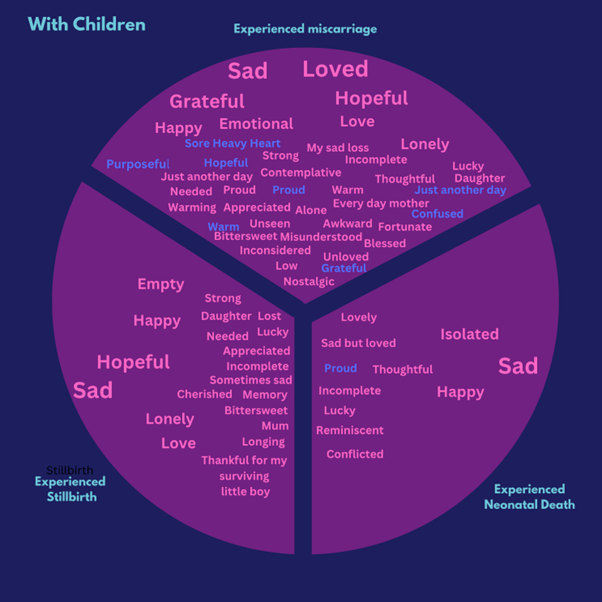
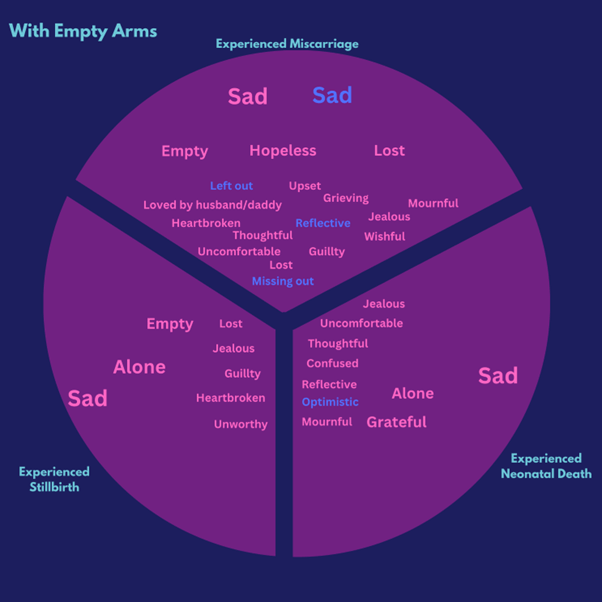
Summary of categorised responses.
Whilst we have been able to draw some thought provoking trends from the responses to this survey, aspects of which would benefit further investigation, such as ensuring communication of all available options for bereaved parents, ensuring individually designed, consistent, collaborative, care pathways, as opposed to ‘one size fits all’ leaflets and guidance, and a greater consideration and provision of support for people with empty arms following loss, we stand by the fact that the only way that we will ensure a greater awareness, understanding, and quality of support for people affected by baby loss, on Mother’s Day, and days like this, is by communicating openly, whether that be asking questions or opening up about how we feel and what we need, without fear.
Every year in the UK there are in excess of 0.25 million pregnancy/baby losses/deaths….
- How many people does each of these losses affect?
- Which of these people are affected most?
- Who should be prioritised for support?
- What happens if we don’t provide support?
It is in contemplating the answers to these questions that we realise we don’t have any of the answers because they all relate to individual experience. The only way we can protect people affected by pregnancy or baby loss is to take down the barriers, and ensure that we openly talk and ask questions, and ensure that through collaborative, joined up practice, between all the fantastic organisations and professionals out there, we enable high quality, consistent, diverse, inclusive support information, resources, training and recognised pathways for all.
Thank you to everyone who has taken part in the survey, to Katie Frain, and Amina Hatia from Tommy’s, and to Laura Atherton for Co-Hosting the podcast.
We hope you find the podcast helpful
Mother’s Day….One of those days – with mum, Katie Frain and Tommy’s Midwifery Manager Amina Hatia
To access SOS Baby Loss, the UKs’ first online directory of support services dedicated to pregnancy and baby loss, or death, at any stage of pregnancy, or in early life, just go to https://sos.oursam.org.uk
